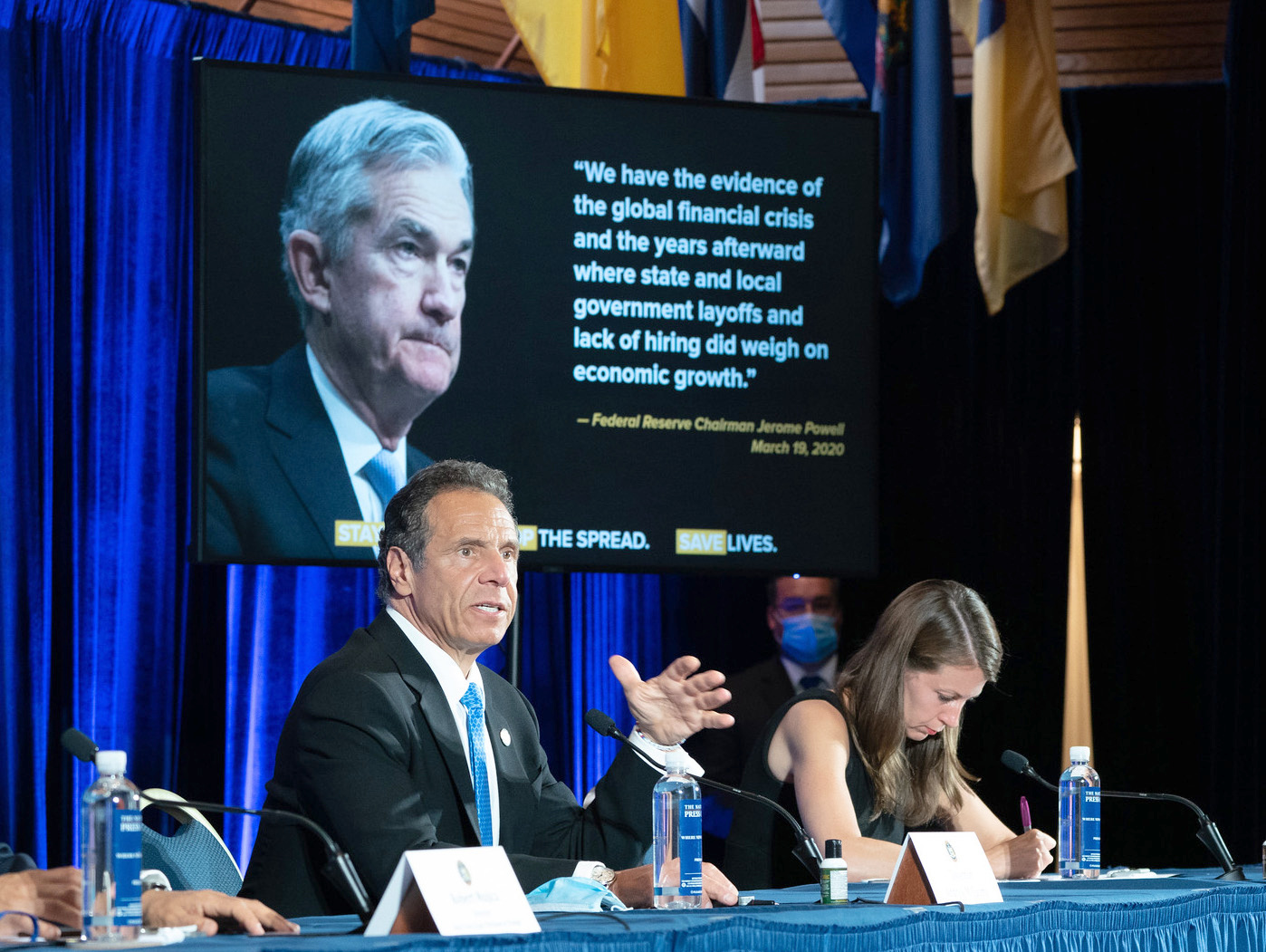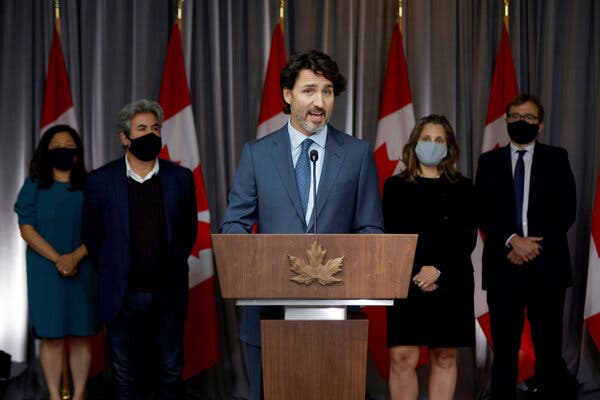Opinion
David Crowe
Chief political correspondent
Australians do not need to wait for the fireworks on New Year’s Eve to cast their verdicts on a wasted decade in federal politics. The cost of turmoil, bastardry and revenge has been apparent for years, measured by policy failure at a national level and a decline in trust in political leaders.
Four prime ministers have shot to the sky over the past decade, bursting into noise and light with their promises, fizzling out as they fell to earth. All have been swept up and tossed in the bin. The fifth is yet to prove how long he can last.

The five Prime Ministers of the last decade: Kevin Rudd, Julia Gillard, Tony Abbott, Malcolm Turnbull and Scott Morrison. Credit:Alex Ellinghausen
It is probably going too far to call this a lost decade, given the way the economy has grown and some have prospered, but it has certainly been a wasted one. Roads and railways buckle under the pressure of a growing population, school students fall behind on maths and English, wages plateau, energy costs rise and Parliament proves incapable of any lasting agreement on climate change.
What is the point of planning for 10 years when a prime minister is lucky to last three?
This sickness in Australia’s political class, a plague that shaped a decade, spread even when leaders claimed to have a cure. From the moment Julia Gillard confronted Kevin Rudd in June 2010, politicians spoke of how it should not happen again, until it happened again.
“I want to assure you that as far as the government is concerned, the adults are back in charge,” said Tony Abbott in November 2013. The government became a revenge tragedy as soon as he was toppled by Malcolm Turnbull less than two years later.

John Howard was the prime minister who brought the greatest stability to government in recent times.Credit:Tom Cliff
What spreads this infection? There are at least three contributing factors. One of them was identified by John Howard, the prime minister who brought the greatest stability to government in recent times, in an interview with me in May this year.
“One of the reasons you got the Rudd thing and then also to some degree Abbott is that you do have a higher proportion of people in politics now whose only experience in life has been politics,” Howard said. “They’ve had no experience outside it. Now that’s not the only explanation but it’s an explanation. It’s part of it.”
Howard was referring to political insiders who have thrived in both major parties by amassing numbers in branches. He did not mention a connected problem, the decline in party membership, but this also matters because it empowers factional bosses and lobbyists. It is easy for pygmy perch to look like big fish when the pond keeps shrinking.

Lindsay Tanner blamed the media for trivialising politics.Credit:Eddie Jim
The second factor is the sheer speed of a political cycle that presents new challenges for a government every day and turns most of them into a test of a prime minister’s authority. The backbenchers who pledge to support a government end up distracting it or, worse, undermining it.
Lindsay Tanner, a good minister who resigned after the fall of Rudd, blamed the media for trivialising politics. “Glorious irrelevance awaits any politician brave enough to push back against the rules of the political sideshow,” he wrote in a book that was kinder to politicians than it was to journalists.
The media’s hunger for news creates a ravenous beast when combined with a politician’s thirst for attention and power. In some cases, media outlets campaign until they gain the leadership change they seek, but they never act alone. No campaign succeeds without willing troops – and generals – inside a target’s own caucus or party room.
The third factor is a social media environment that shortens attention spans, highlights trivia and deepens conflict. Not for nothing do Russian agencies use Facebook and Twitter to divide their American enemies. The arrival of this technology on a massive scale has coincided with heightened political division.
But correlation is not causation. The storms of the 24/7 media cycle and the rage of the Twittersphere may inflict their damage only because the political class is so soft in hard times.
Loading
Replay
Good government requires a form of collective backbone – a toughness that goes beyond the usual platitudes about unity. This is impossible in a world where leaders are buffeted by the weak and nervous in their party rooms and the wily and ambitious in their ministries.
To replace a leader is to admit failure; the blame for that failure is shared. The greatest cause of instability lies within Parliament, in the hearts of our fragile politicians.
This is not new. Just as an Australian in 2009 would not have predicted five prime ministers in a decade, someone at the end of 1965 would not have tipped the resignation of Robert Menzies within a month and six prime ministers over the following 10 years.
(The death of Harold Holt was an extraordinary event but the contest between John Gorton and William McMahon has some parallels with more recent Liberal warfare).
Politicians did not need the internet, the iPhone, the 24/7 media cycle, Twitter or Facebook to scheme their way into power or plot against a prime minister. The Bakelite telephone was enough.
The lesson of the last decade is to look beyond the new factors that make turmoil so easy and consider the old problem that makes turmoil so certain. Put simply: it works. Promotion comes to those who plot. The fastest way for a backbencher to rise to cabinet is through the demise of those who stand in the way, creating an incentive for every spill. Instability brings reward.
Scott Morrison is at a leadership low right now, thanks to his unannounced holiday in Hawaii, but he is better prepared than most to end the cycle. After winning the last Liberal spill, he changed the rules to require a 66 per cent majority if anyone tried another one. This was good for the Prime Minister but also good for the country. It forced the politicians to restrain themselves.
The Labor caucus acted earlier by requiring a 75 per cent vote to challenge a Labor prime minister.
Is this enough to halt the leadership roulette? One measure is whether Morrison can last longer than his predecessors – beyond, for instance, the three years and three days Labor kept Gillard.
Morrison can pass that milestone by a day if he is still in office on August 28, 2021. Whether he can do better depends on the election due by May 2022.
David Crowe is the author of Venom: Vendettas, betrayals and the price of power, published by HarperCollins.
David Crowe is chief political correspondent for The Sydney Morning Herald and The Age.
Loading


